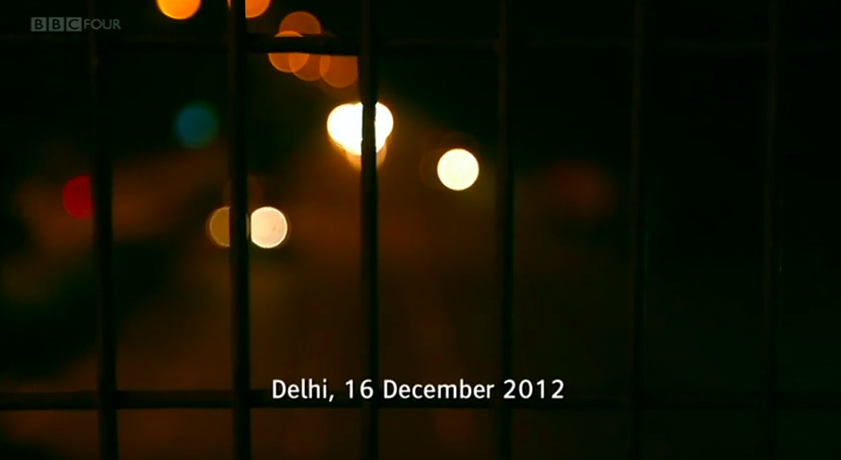Why Was The Nirbhaya Documentary Banned?
Banning the film on the Delhi bus gangrape;

NEW DELHI: After a massive uproar in Parliament, a controversial documentary film on the brutal gangrape and murder of a 23-year-old medical intern in New Delhi in 2012 was banned. The film, shot by British filmmaker Leslee Udwin, and titled “India’s Daughter” features an interview with the accused rapists, leading much of the debate in Parliament to focus on how permissions for the interviews were granted.
Despite the Indian government’s efforts at securing a ban, the BBC went ahead with the release of the film, issuing a statement saying. “This harrowing documentary, made with the full support and co-operation of the victim's parents, provides a revealing insight into a horrific crime that sent shock waves around the world and led to protests across India demanding changes in attitudes towards women." “The film handles the issue responsibly and we are confident the programme fully complies with our editorial guidelines," the BBC reiterated.
Why, though, did the government move to ban the film? Here are some of the statements made in Parliament and elsewhere by our political leaders, officials and media pundits in support of the ban.
1. It hurt Rajnath Singh
"When I heard about the documentary I was hurt. Under no circumstances should this be telecast. So we got a restraining order from the court," the Home Minister said in Parliament.
2. It will affect tourism
The film must be banned because it will hurt tourism, said Meenakshi Lekhi of the BJP in Parliament. "The sense of this House is signalling to the government to not let this documentary air. There should be proper investigation in this matter. This affects tourism.”
3. Mukesh Singh, one of the accused, insulted women
According to deputy police commissioner, Rajneesh Garg, the ban has to do with what one of the accused -- Mukesh Singh -- says in the interview in regard to women. “As per media reports, in the said interview, the convict Mukesh Singh has made malicious, derogatory, offensive, insulting remarks against women, causing harassment and disrepute. These excerpts of the interview as published are highly offensive and have already created a situation of tension and fear among women in society,” Garg said (as quoted in The Indian Express). ““Therefore, an application was made seeking restraining order from publishing, transmitting, uploading and broadcasting the interview.”
Right.
4. Monkey see as monkey do
The monkeys being the Indian government and the Indian media.
5. #NirbhayaInsulted
Our TV channels asked us to take to social media and let our anger be felt through the hashtag #NirbhayaInsulted. Freedom of expression is not absolute, they said. Nirbhaya should not be remembered like this, they suggested. Ban the film, because it insults Nirbhaya, they argued.
Many agree.
But...
The BBC decided to go ahead and release the film. It can be found on YouTube. It starts with this:
The film is a powerful commentary on societal contexts that make what happened on December 16, 2012 not just possible, but far from rare. Is banning this insight the solution?

